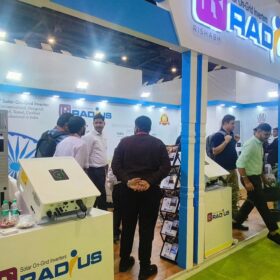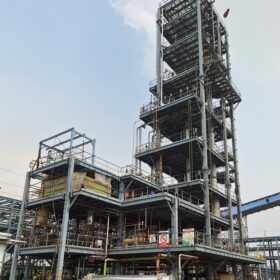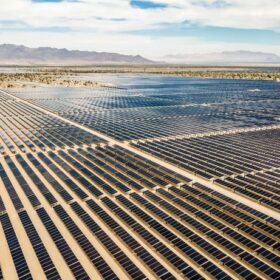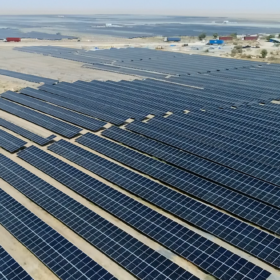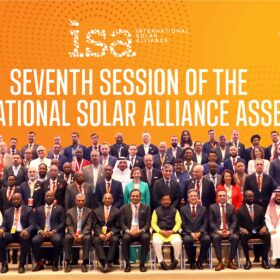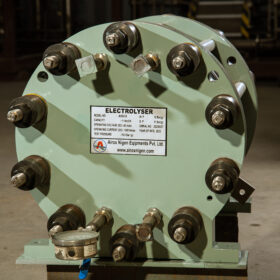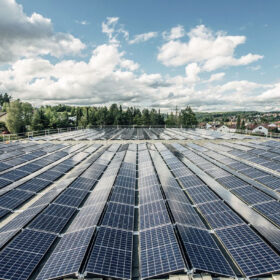Rishabh’s string inverter business records 300% YoY growth in H1 revenue
Indian manufacturer Rishabh Instruments designs, develops and manufactures solar string inverters with technology acquired from GEFRAN S.pA., Italy.
Jakson Green completes CO2-to-methanol project for NTPC
The project at NTPC’s Vindhyachal thermal power plant in Madhya Pradesh captures CO2 directly from the flue gas emissions and converts it into methanol. Jakson Green executed the project on turnkey basis.
DGTR recommends anti-dumping duty on solar glass imports from China, Vietnam
India’s Directorate General of Trade Remedies (DGTR) has recommended an anti-dumping duty on solar glass imports from China and Vietnam after its investigation concluded that imports from these countries are undercutting the prices of the domestic industry. The landed value of the imports is below the selling price as well as the cost of the domestic industry.
Reliance Power claims ‘fraud’ by third party, to challenge SECI ban
In a stock exchange filing later today, Reliance Power said it will take all legal steps to challenge SECI’s action that bars the company from participation in future government tenders for three years.
U.S. Government releases bottom-up solar pricing tool
The U.S. Department of Energy’s latest solar cost model shows that residential solar prices are up, commercial solar is getting cheaper and utility-scale pricing remains flat. The addition of batteries increases costs by $1.75/W for residential projects and $0.75/W for larger installations.
Rajasthan, Gujarat need policy interventions to sustain leadership in renewable energy deployment: IEEFA
A new briefing note by the Institute for Energy Economics and Financial Analysis (IEEFA) recommends lower incremental green tariffs, dedicated infrastructure funds, green budgeting, scaling up distributed renewable energy and advancing grid modernisation and energy storage to cement Gujarat and Rajasthan’s leadership in renewable energy deployment.
India re-elected as president of International Solar Alliance
The seventh session of the International Solar Alliance (ISA) Assembly has elected India as President and France as co-president for a period of two years from 2024 to 2026.
“We aim to emerge as the preferred supplier of hydrogen electrolyzers,” says Airox Nigen CEO
Anil K Agrawal, founder and chief executive officer, Airox Nigen Group, spoke to pv magazine ahead of the launch of the company’s new arm Aspire Hydrogen. Led by Aniruddh Agrawal, Aspire Hydrogen will set up an integrated green hydrogen value chain in Haryana. This incidentally coincides with 30 year completion of Airox Nigen.
Navigating solar panel supply challenges through digitalization
High interest rates, excess warehouse inventory, and falling component prices have created a perfect storm for solar distributors since October 2023. BayWa re Solar Trade CEO Frank Jessel explains how the industry can embrace true digitalization to better navigate this volatility.
The Hydrogen Stream: Gensol, Matrix consortium to develop green hydrogen powered steel facility
Gensol Engineering and Matrix Gas & Renewables have partnered to develop a green hydrogen powered steel facility with a capacity of 50 tons per day (tpd).
